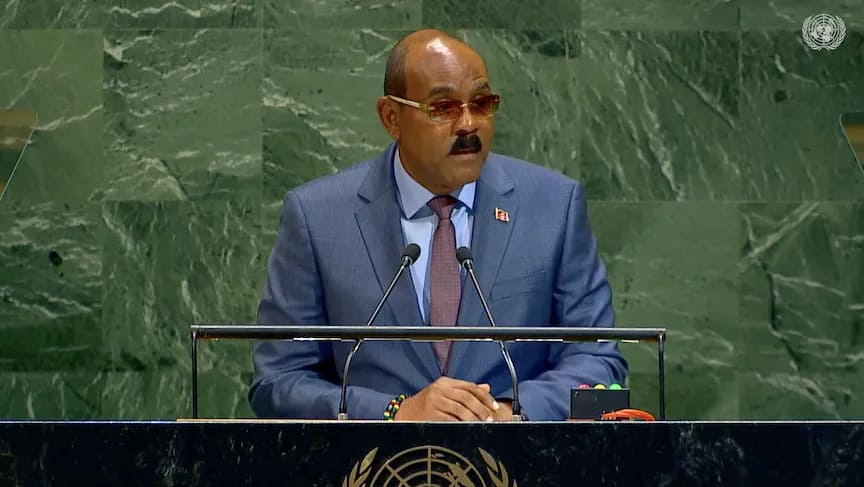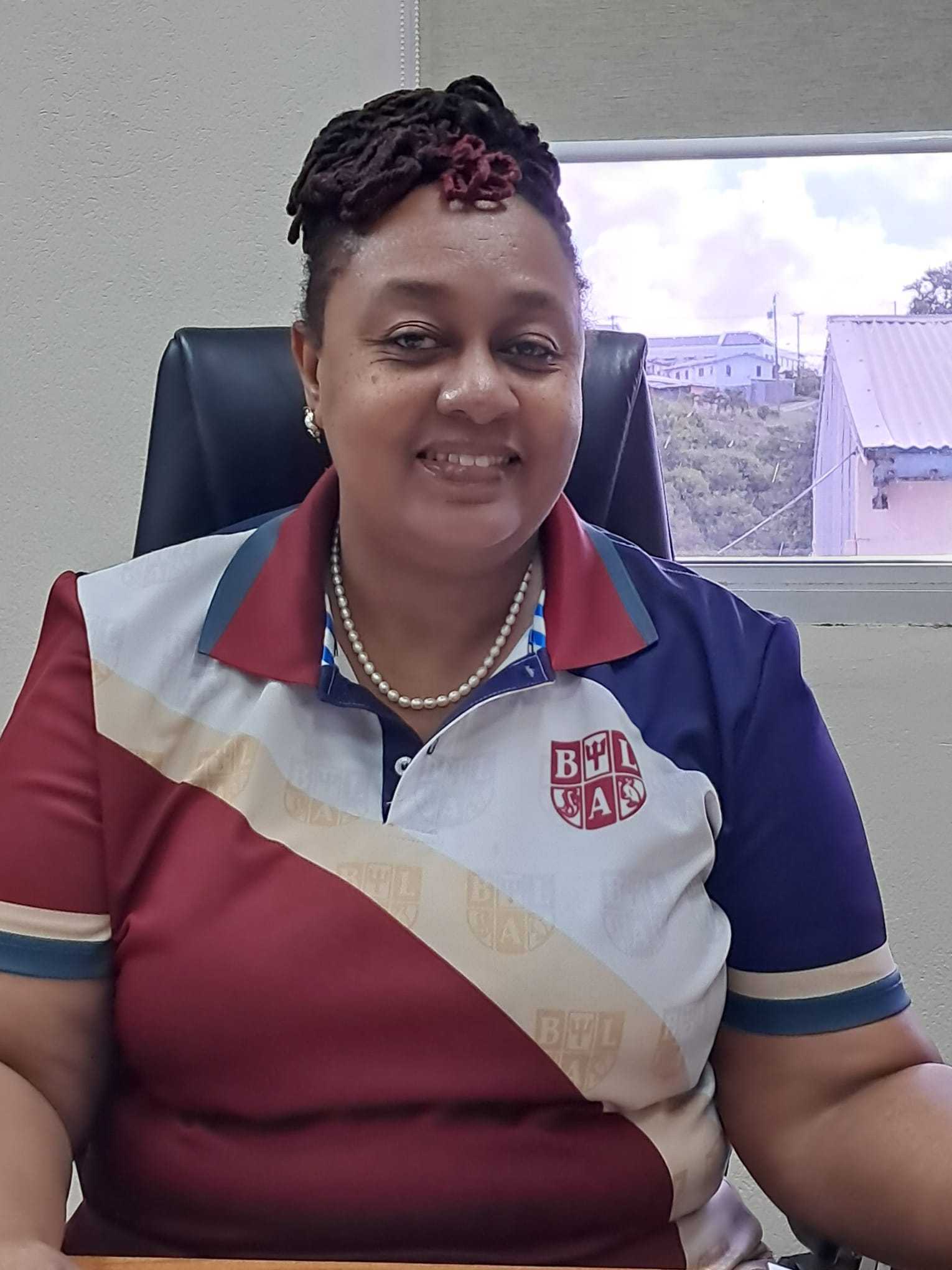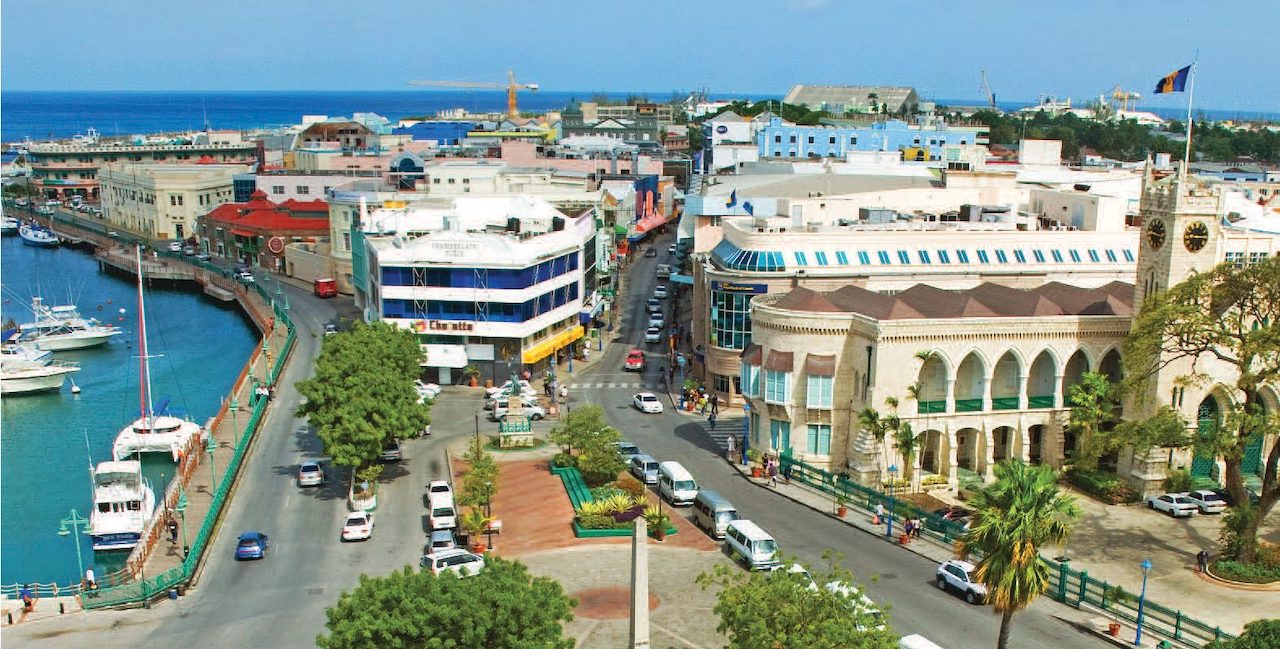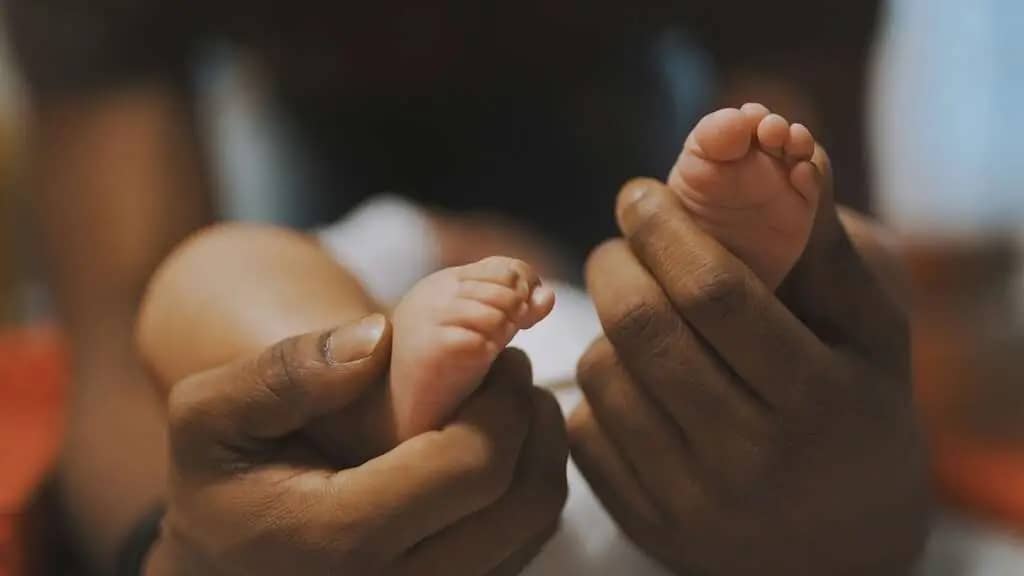In a significant development in the long-standing investigation into the death of 22-year-old Chacadan Daniel, Police Commissioner Verne Garde announced on Thursday that crucial evidence once believed to be missing has been recovered. The discovery was made following a renewed search of the exhibit room at the Micoud Police Station, where the case originated. Garde revealed that the investigation had been reassigned to a more senior officer after the primary investigator went on vacation, leading to the recovery of the evidence. The issue of the missing evidence dates back to 2018 and 2019, with a formal investigation launched in May 2023. Garde emphasized the importance of accountability, stating that non-intimate DNA samples from officers who worked at the station during the relevant period would be cross-referenced with the recovered evidence to ensure transparency. The case, which dates back to 2013, has been a source of immense pain for Daniel’s family, who have criticized the lack of due process and transparency in the investigation. They have called for sweeping reforms, including stricter evidence handling procedures and the establishment of an independent body to address complaints against police officers. The family expressed gratitude for Garde’s disclosure but stressed that Daniel’s death is a national issue highlighting systemic failures in accountability and human rights.
博客
-
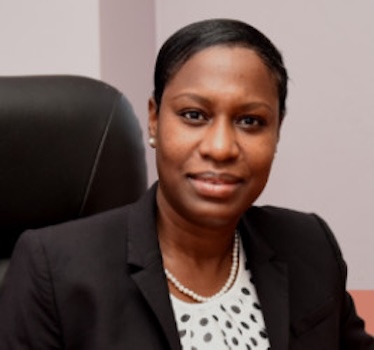
Who is responsible for building resilience?
In the Caribbean, resilience is not merely a policy buzzword but a critical survival strategy. The region faces a myriad of challenges, from devastating hurricanes and rising sea levels to biodiversity loss and economic shocks. These issues underscore the urgent need for a comprehensive approach to resilience-building, one that involves the entire society rather than relying solely on governmental action. While governments play a pivotal role in setting strategic priorities, mobilizing resources, and engaging with international partners, resilience cannot be achieved through top-down measures alone. It requires the active participation of communities, the private sector, youth, academia, and every individual citizen. Communities, often the first responders, are at the forefront of resilience efforts. Whether it’s fisherfolk adapting to changing marine ecosystems or youth groups organizing disaster preparedness workshops, local action is both immediate and impactful. Yet, these grassroots initiatives often remain underfunded and underrepresented in national decision-making. The private sector also has a crucial role to play, as climate risks directly threaten business operations. Investing in resilient infrastructure, renewable energy, and innovative sectors like the Circular Economy and Blue Economy is essential. Meanwhile, young people are demanding climate justice and inclusive governance, pushing for their voices to be heard in shaping the future. Universities and research institutions must continue to provide evidence-based insights to inform resilience strategies. Regional and international development partners should offer support without overshadowing local leadership. Ultimately, resilience is about more than recovery; it’s about transforming systems to anticipate, absorb, and adapt to shocks while thriving. This collective effort is vital to securing a sustainable and prosperous future for the Caribbean.
-

Possible widespread use of reused oils
The Grenada Food and Nutrition Council (GFNC) recently hosted a compelling webinar titled ‘Cooking with Danger: The Health Impact of Reused Cooking Oil in Grenadian Kitchens.’ Held on September 23, 2025, the virtual event attracted 100 participants, including cooks, chefs, healthcare professionals, educators, and entrepreneurs. The session featured insights from National Epidemiologist Larissa Mark and Dr. Ariel Frederick, both Grenadian experts with strong ties to St. George’s University and extensive experience in public health and disease prevention. The webinar aimed to address the widespread but often overlooked risks associated with reusing cooking oil, a practice that can lead to the accumulation of harmful chemicals like polycyclic aromatic hydrocarbons (PAHs), linked to cancers such as lung, breast, and prostate cancer. A poll conducted during the event revealed that 42% of attendees admitted to adding new oil to reused oil, while 24.5% reused oil 2–3 times. GFNC CEO Lydia Browne emphasized the importance of public education and awareness, urging participants to share the information widely. The council also highlighted the need for routine inspections of food establishments to ensure safer cooking practices. The webinar replay is available for those who missed the live session, offering valuable insights into healthier cooking habits and the broader implications of reused oil on public health.
-

World Contraception Day: 26 September
The ongoing debate surrounding the Age of Civil Responsibility (ACR) Bill has brought to light critical issues concerning adolescent sexual health in the Caribbean. Recent findings reveal that only 5% of parents engage in conversations with their children about puberty and responsible sexual behavior. Alarmingly, some parents fail to cooperate with legal authorities in cases involving sexual predators, and in extreme instances, even exploit their children for financial gain. The Caribbean region holds the dubious distinction of having the second-highest adolescent fertility rate globally, the second-earliest sexual debut, and three countries ranking among the top ten for gender-based violence. While the ACR Bill alone cannot resolve these deep-seated issues, it serves as a catalyst for broader initiatives. These include promoting abstinence, overcoming parental reluctance to discuss sex, enhancing sexuality education in schools and churches, and improving access to contraceptives and counseling for sexually active individuals of all ages. Studies indicate that 99% of women visiting public health clinics are aware of at least one contraceptive method. However, 80% report that their most recent or current pregnancy was unplanned. The primary reasons for not using contraceptives include fear of side effects (55%), partner objection (22%), and cost (8%). Addressing these challenges requires dispelling myths about modern contraceptives, combating patriarchal attitudes, and implementing policies that eliminate legal and economic barriers to contraceptive access. World Contraception Day serves as a poignant reminder of these ongoing struggles. Sincerely, Tonia Frame, President, Grenada Planned Parenthood Association (GPPA) and Fred Nunes, Consultant, Advocates for Safe Parenthood: Improving Reproductive Equity (ASPIRE). NOW Grenada is not responsible for the opinions, statements, or media content presented by contributors. In case of abuse, click here to report.
-
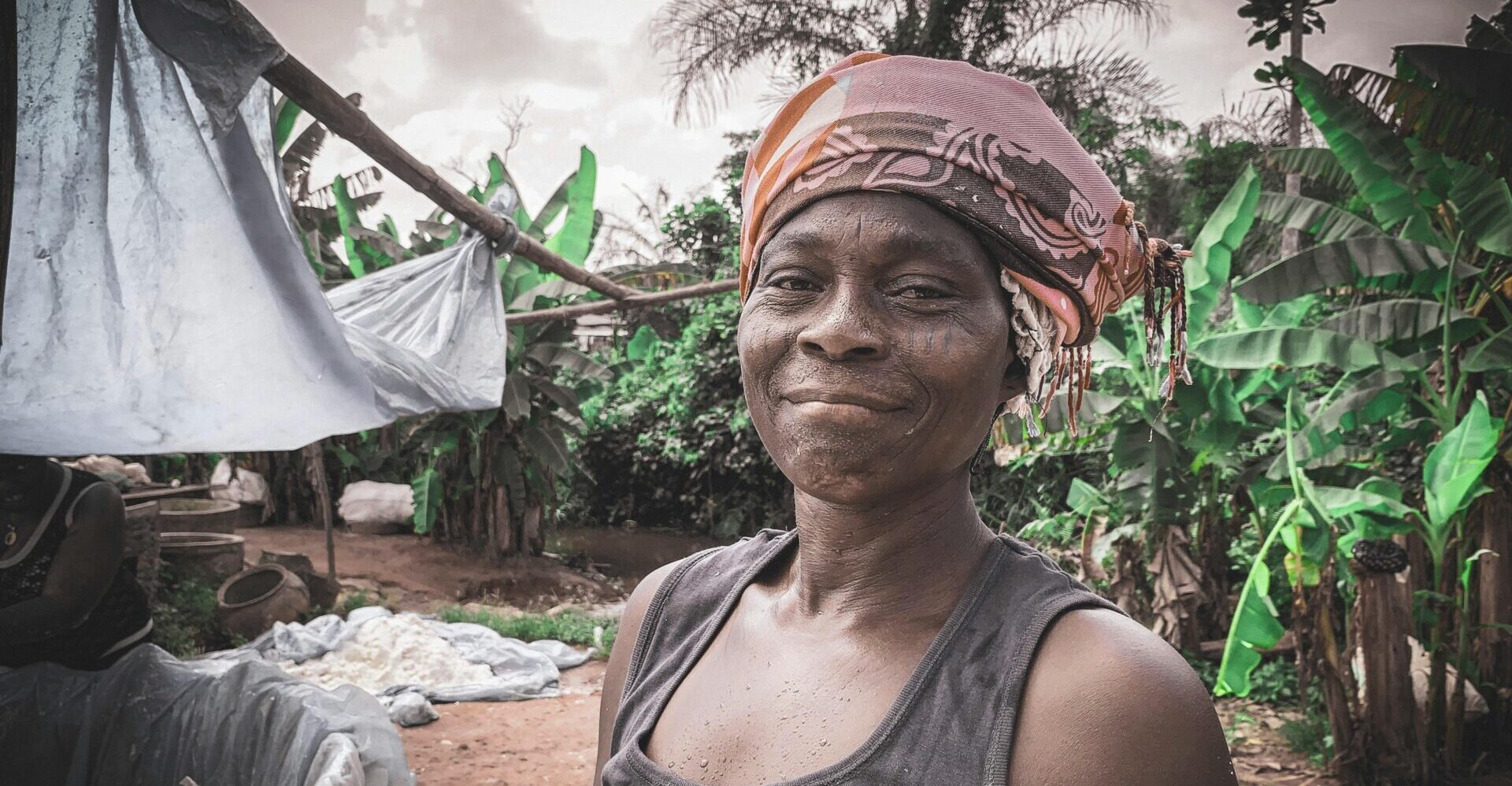
Collective progress continues to be stymied by global inequalities, reports Int’l Labour Organization
Despite significant strides in education, poverty reduction, and productivity over the past three decades, entrenched inequalities, eroding trust in institutions, and sluggish advancements in key areas continue to impede global social justice, according to a recent report by the International Labour Organization (ILO). Titled ‘The State of Social Justice: A Work in Progress,’ the report reveals that 71 percent of an individual’s income is still heavily determined by factors such as their country of birth and gender. Published ahead of the Second World Summit for Social Development in Doha and marking the 30th anniversary of the 1995 Copenhagen Summit on Social Development, the study acknowledges that while global wealth, health, and education levels have improved since 1995, these benefits have not been equitably distributed, and progress in reducing inequality has stagnated. The report highlights a steady decline in public trust in institutions since 1982, fueled by widespread dissatisfaction with perceived unfair rewards for effort. The ILO warns that without urgent efforts to strengthen the social contract, this erosion of trust could undermine democratic governance and international cooperation. On a positive note, the report points to notable achievements, including a 50 percent reduction in child labor among children aged 5 to 14, a drop in extreme poverty from 39 to 10 percent, a ten percentage point increase in primary education completion rates, and social protection coverage for over half of the global population. However, persistent challenges remain: 58 percent of workers are still in informal employment, the gender participation gap in the workforce has only slightly decreased since 2005, and closing the global gender wage gap could take a century at current rates. These issues are exacerbated by rapid environmental, digital, and demographic changes reshaping labor markets at an unprecedented pace. The ILO emphasizes that without targeted policies, disparities will deepen, but strategic interventions—such as investing in skills development, social safety nets, equitable wage policies, and active labor market programs—can foster inclusion and resilience. ILO Director-General Gilbert F. Houngbo stressed, ‘Social justice is not only a moral imperative—it is essential for economic security, social cohesion, and peace.’ The report calls for immediate action to address unequal access to opportunities, promote fairer economic benefits distribution, and manage global shifts in a way that leaves no one behind. It also advocates for embedding social justice at the core of all policy frameworks and enhancing collaboration among governments, international agencies, and social partners. The findings are expected to shape discussions at the upcoming World Social Summit in November and support the initiatives of the Global Coalition for Social Justice, led by the ILO, which unites stakeholders committed to building fairer and more inclusive societies.


